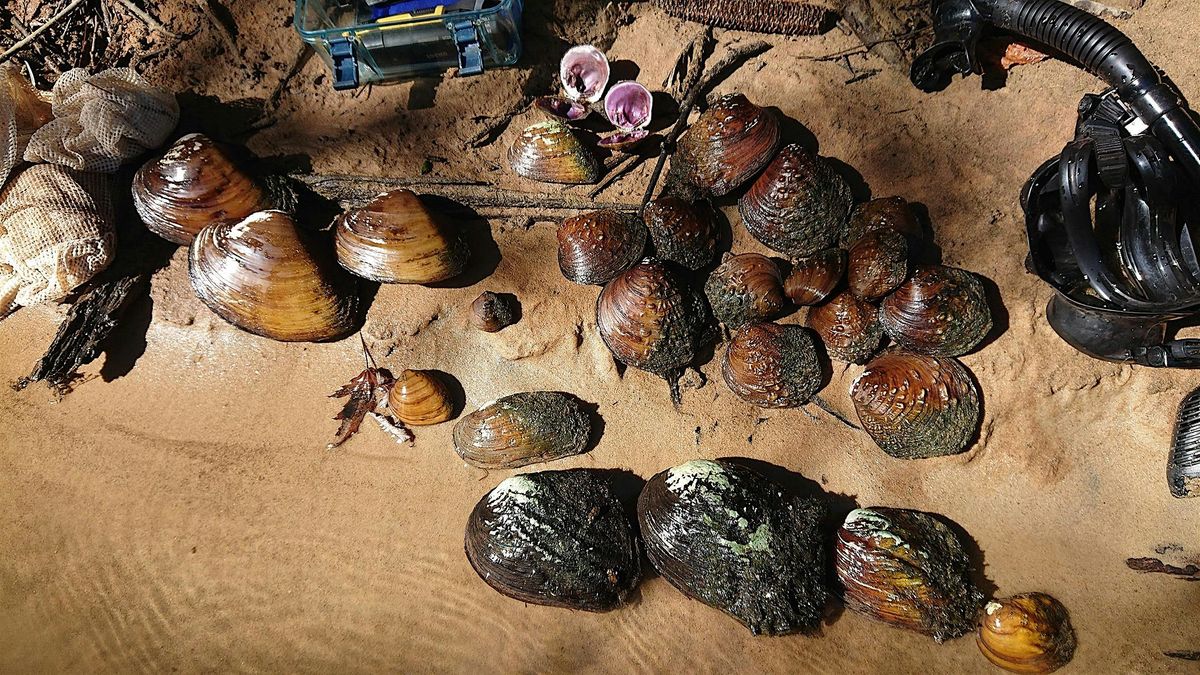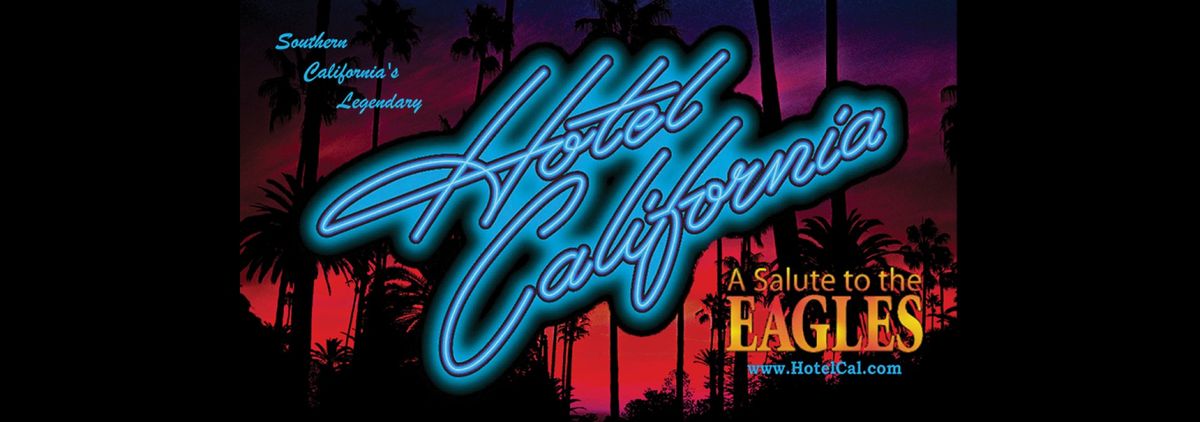
About this Event
North America’s Most Imperiled Animals?
Freshwater mussels play a critical role in ecosystems by filtering water, storing and cycling nutrients, supporting food webs, and providing habitat for other species such as insects and fishes. Adult mussels don’t move much but instead rely on different kinds of fish for dispersal during a parasitic larval stage. This complex life cycle makes for fascinating research questions, excellent examples of co-evolution, and is perhaps what makes freshwater mussels one of the most imperiled groups of animals on the planet. In this talk, learn about the various strategies mussels have evolved to infect a variety of fishes with their parasitic larvae and the human activities that threaten this complex life cycle.
Garrett Hopper is an assistant professor in the LSU School of Renewable Natural Resources. His research program advances our basic scientific understanding of freshwater fishes and mussels to help in their conservation and offer solutions to economic and societal challenges related to freshwater resources. Prior to joining LSU in 2023, Hopper worked as a postdoctoral researcher at the University of Alabama after earning his PhD in biology at Kansas State University in 2019.
Photo credit: Garrett Hopper
LSU Science Café is presented in partnership with Campus Federal Credit Union and WRKF.
Registration & Attendance Information
The event is open to the public, and advance registration through Eventbrite is recommended.
LSU Science Café is in-person only (i.e., no live feed) but it will be recorded, and posted on our YouTube channel .
Please print your registration ticket or have it readily available on your electronic device upon arrival.
Doors open at 5:00 PM. Event begins at 6:00 PM.
Event Venue & Nearby Stays
Varsity Theatre, 3353 Highland Road, Baton Rouge, United States
USD 0.00







